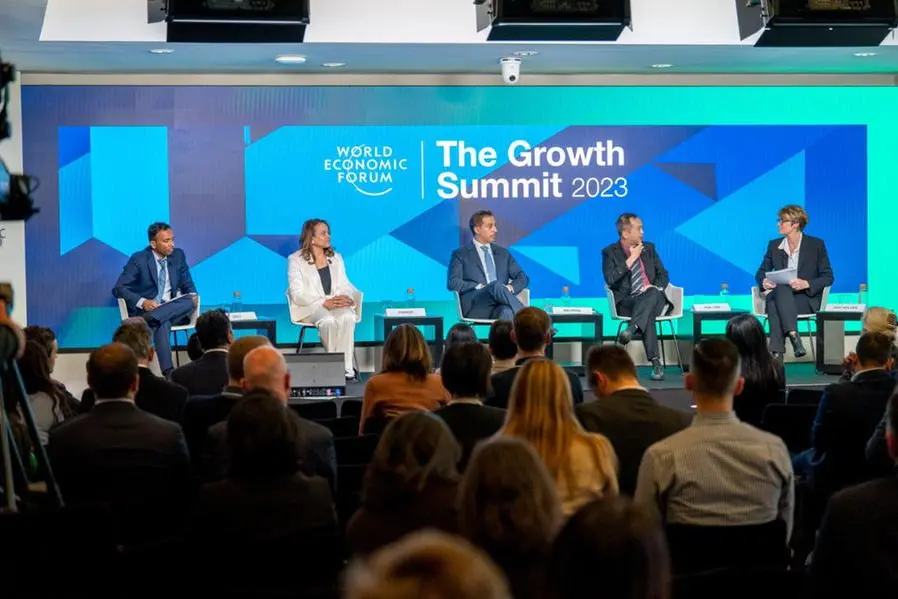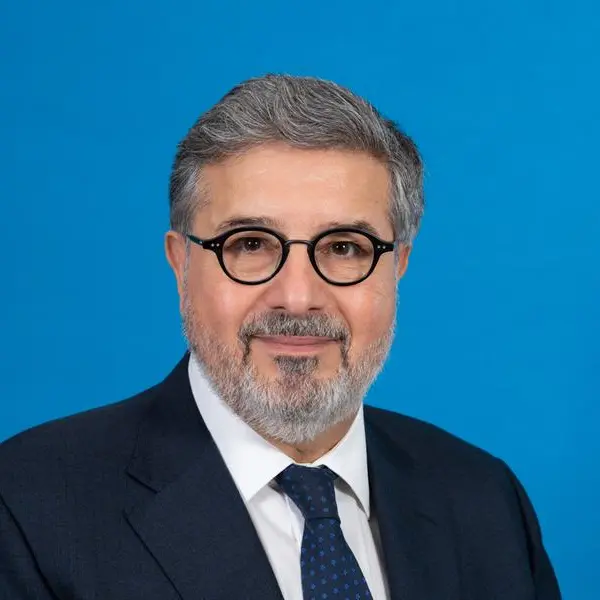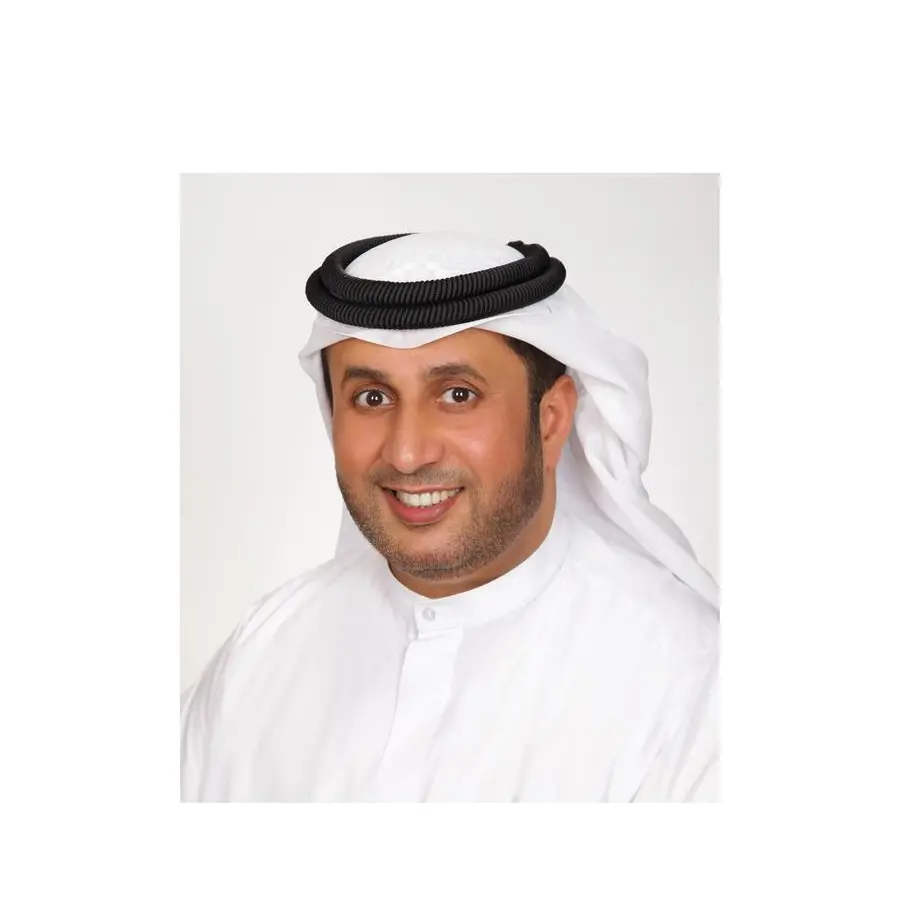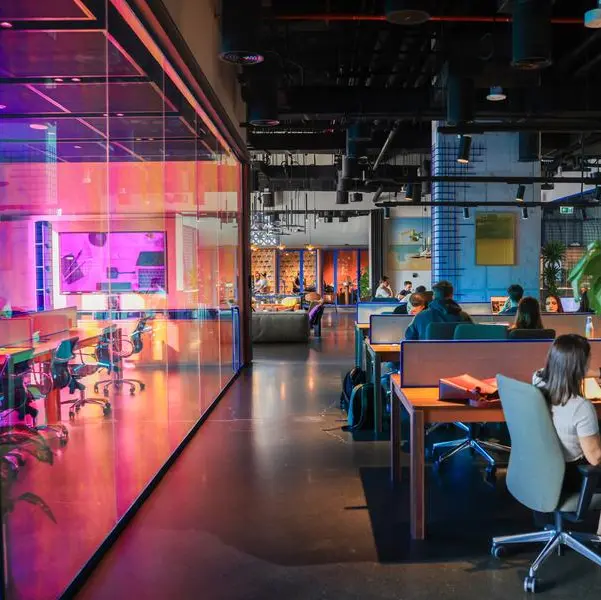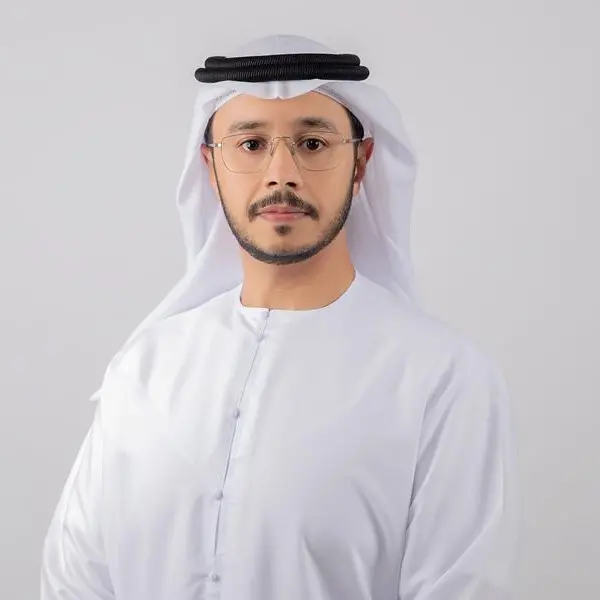PHOTO
- Higher education institutions are responsible for refining students' capabilities and providing them with the knowledge and skills they need to succeed in current and future job market
- It is crucial to bridge the gap between educational outputs and labour market requirements by developing flexible and proactive educational systems that keep pace with technological progress and future jobs
Geneva – His Excellency Dr. Ahmad Belhoul Al Falasi, Minister of Education, reaffirmed that human capital is crucial for achieving sustainable economic and social development. He also stated that higher education institutions play a significant role in boosting students' capabilities and providing them with the knowledge and skills they need to succeed in the current and future job market, which in turn helps to close the gap between what students learn and what employers need.
The statement was made during the “Reskilling Revolution: Enabling A Business Imperative” session, which was part of “The Growth Summit 2023” organised by the World Economic Forum (WEF) at its headquarters in Geneva, Switzerland, under the theme: Jobs and Opportunity for All on May 2 and 3. The UAE delegation to the summit included His Excellency Dr. Ahmad Belhoul Al Falasi, Minister of Education, and Her Excellency Mona Ghanem Al Marri, Vice President of the UAE Gender Balance Council.
The UAE delegation participated in strategic and key sessions within the Growth Summit, held a series of bilateral meetings, and met with Professor Klaus Schwab, Founder and Executive Chairman of the World Economic Forum to discuss ways of enhancing partnership between the UAE Government and the WEF.
The summit brought together 450 WEF members and partners, government officials, civil society, unions, innovators, thought leaders, academics and media leaders, with the aim of advancing future opportunities and tackling current challenges through collaboration, foresight and innovation.
“The Growth Summit 2023” focused on three core themes: enabling resilient growth, by advancing inclusive and sustainable economic growth, trade, investment, productivity, manufacturing, global development and equitable globalization; developing human capital, by investing in education, skills, and health, and supporting job creation, living wages, job transitions, and an equitable future of work; as well as accelerating economic equity, by enabling an equitable green transition and advancing gender equality, health equity, care, diversity and inclusion, and racial and social justice.
Qualifying students is a prerequisite for stimulating growth
During the session, His Excellency Dr. Al Falasi noted that the labour market is developing at an unprecedented pace, driven by technological advancements and new jobs that require new skills. He called on higher education institutions to prepare students to navigate the fast-changing job market with confidence and success. His Excellency highlighted the UAE's approach to education, which focuses on aligning higher education institutions with the country's development goals by connecting students' skills with the current and future needs of the job market.
His Excellency said that it is crucial to bridge the gap between educational outputs and labour market requirements by developing flexible and proactive educational systems that keep pace with technological progress and future jobs. He also talked about how important it is for educational institutions to partner with employers to create up-to-date educational programmes that teach students the most in-demand knowledge and skills.
His Excellency Dr. Al Falasi also suggested that policymakers can encourage universities to prioritize graduate employability by offering incentives, and by creating rules that tie a university's ranking to their success in achieving this goal. Additionally, His Excellency noted that the UAE Ministry of Education works continuously with its partners to further enhance the country’s pioneering educational system to support comprehensive and sustainable growth.
Promising future opportunities
The Growth Summit 2023 focused on creating new opportunities for people and businesses in a rapidly changing world. With advances in technology, changes in value chains, and a growing focus on sustainability, there are many new opportunities for growth and success. However, these changes are also disrupting traditional industries and creating new challenges that need to be addressed. The summit aimed to navigate these changes and create a path forward for a better future. The summit also explored means of bridging the widening chasm between the prospects of advanced economies and developing and emerging economies that had previously counted on globalization-enabled growth. It also focusesd on the future of labour markets, which are also diverging globally: low- and middle-income countries face growing labour forces amid higher unemployment, while advanced economies face ageing populations, fewer workers and tighter labour markets.
The summit aimed to improve the future of economies, societies, and workplaces by promoting cooperation between various stakeholders. This involved developing shared visions, investing in technology, and creating new job opportunities that support economic and social development.-
-Ends-
For further information, please contact:
Mary Khamasmieh
Weber Shandwick
E: mkhamasmieh@webershandwick.com
Maher Al Bash
Weber Shandwick
E: MAlbash@webershandwick.com
Rawad Khattar
Weber Shandwick
E: RKhattar@webershandwick.com
Sara Abuhassira
Weber Shandwick
E: SAbuhassira@webershandwick.com
